A Visual Guide to Zika

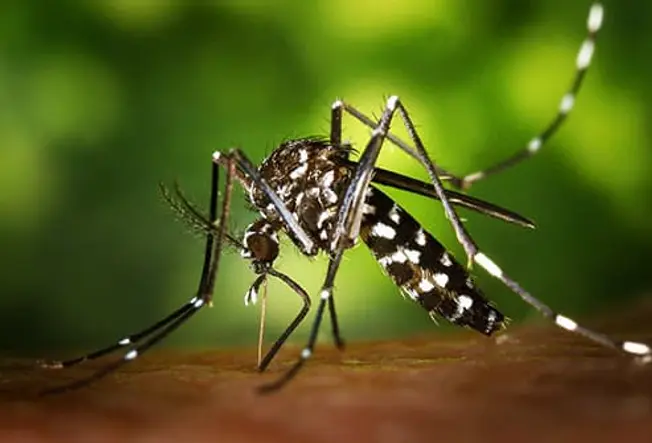
What is Zika?
Zika is a virus that’s spread mostly by mosquitoes. Most adults who get it have mild symptoms. But it can cause serious problems for pregnant women and their babies. Zika has only recently come to the Americas, Caribbean, and Pacific.

Where Did It Come From?
Zika was first found in Uganda in 1947 in monkeys. Five years later, it showed up in people. Large outbreaks didn't happen outside of Africa for nearly 60 years. In 2007, the island of Yap in the Pacific had an outbreak of the virus. More recently, it has spread to other parts of the world.

How Do You Get Zika?
Zika spreads through the bite of an infected Aedes mosquito -- the same type that carries dengue fever, chikungunya, and yellow fever. A pregnant woman who gets infected can pass the virus to their baby. You can also get it through sex, even if neither person has symptoms of the virus. Scientists have found Zika in saliva, urine, and breast milk, but experts need more research to know how else it spreads.

Where Is Zika?
Since 2013, Zika has been found in countries in the Caribbean, Central and South America, the Pacific islands, and Asia. In the U.S., people in parts of Florida have gotten the virus from mosquito bites. Travelers returning from affected areas have brought Zika to every U.S. state.
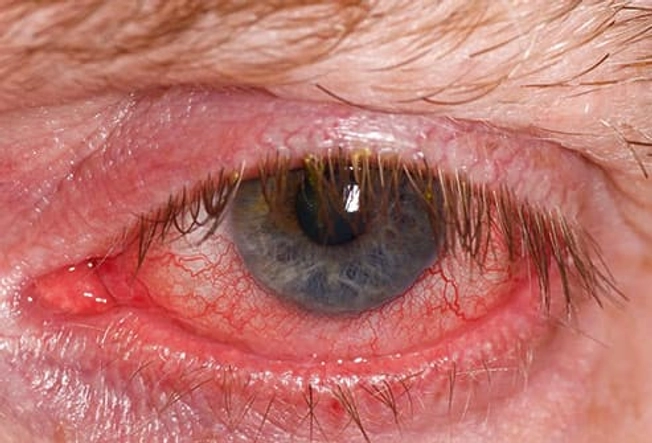
Symptoms
Many people with the virus won't have symptoms. If you do, they’ll probably be mild. The most common ones are fever, rash, joint pain, and red eyes. You may also have a headache and muscle pain. Symptoms usually last up to a week. Because people with Zika rarely feel bad, you may not know if you've been infected.
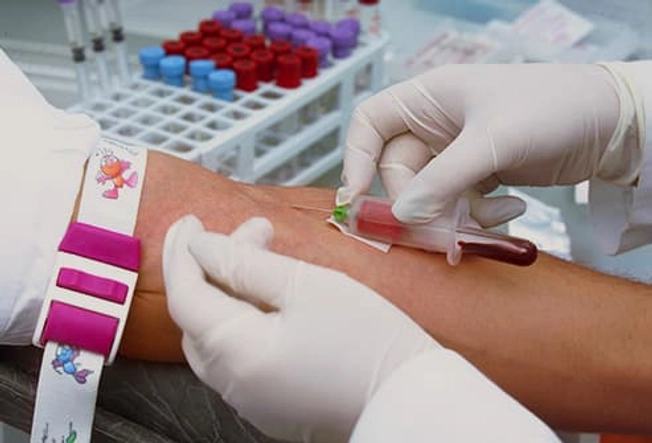
Zika Testing
Doctors can test your blood or urine to look for signs of the virus. If you have symptoms and you live or have traveled in an area with Zika, or you’ve had sex with someone who has, you should get tested. The virus usually stays in blood for about a week, but it can stay in other body fluids, like semen, long after that. Scientists need more research to know exactly how long someone is contagious.

Microcephaly
Zika infections during pregnancy can cause this serious birth defect. Babies born with the condition have heads that are too small for their age and sex. Often their brains haven't developed properly. They can have physical and learning disabilities as they grow up. There’s no test to check if a baby will have microcephaly, but ultrasound scans during the third trimester can sometimes spot the problem.

Zika and Other Birth Defects
Zika during pregnancy can also cause other problems for a growing baby, including eye problems, hearing loss, and problems growing as they should. Scientists are studying other ways that the virus seems to affect mothers and the children they carry.

Getting Pregnant After Zika
Women who’ve had the Zika virus should wait at least 8 weeks before they try to get pregnant. Men who’ve been infected should wait at least 6 months before they try to conceive. It’s important to talk with your doctor about your plans to have a child and to get tested. But scientists don’t think there are any risks to future pregnancies for people after a Zika infection has cleared from their blood and other body fluids.
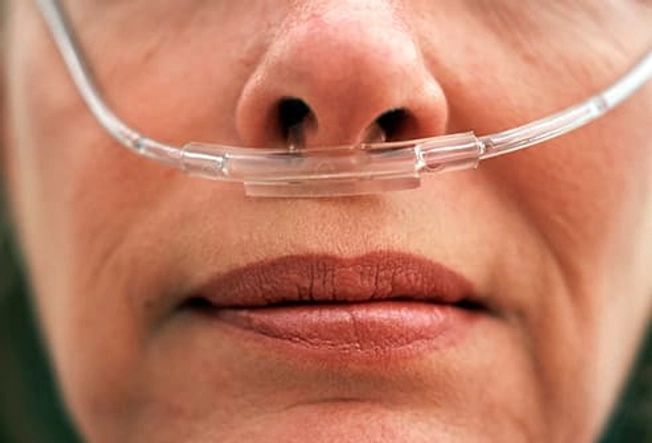
Guillain-Barre Syndrome
Countries with Zika outbreaks have also seen a rise in cases of this rare disorder that affects the immune system. Guillain-Barre syndrome can cause muscle weakness in the arms and legs and, in severe cases, the muscles you use to breathe. Scientists aren’t sure what the link is to Zika, though so far, only a few people have gotten it after their infection. Symptoms can last for a few weeks or months, but most people fully recover.

Treatment
There's no specific treatment for Zika. The symptoms usually go away on their own after about a week. Get plenty of rest and fluids, and take acetaminophen (Tylenol) for any pain. Don't take aspirin, ibuprofen, or other NSAID pain relievers until your doc has confirmed that you don’t have dengue fever, because there could be problems with bleeding.

A Vaccine for Zika?
There is no vaccine yet to prevent Zika. But the National Institutes of Health announced in August 2016 that they started testing a Zika vaccine on people. Until it’s ready, you can do a lot of other things to avoid getting the virus.

Prevention: Avoid Mosquitoes
One of the best ways you can avoid Zika is to not get mosquito bites. Wear long sleeves and long pants when you’re outside. Stay inside with air conditioning and window screens, or sleep under mosquito netting. Mosquitoes breed near water, so once a week, clear your yard of standing water that may collect in flowerpots, bird baths, buckets, or other areas.

Prevention: Wear Repellent
Use an EPA-registered insect repellent with one of these active ingredients:
- DEET
- Picaridin (also known as Bayrepel, icaridin, and KBR 3023)
- Oil of lemon eucalyptus (OLE) or para-menthane-diol (PMD)
- IR3535
These are safe even for pregnant and breastfeeding women when you use them correctly. Don't use OLE or PMD on kids under 3 years old or any bug spray on babies younger than 2 months old.
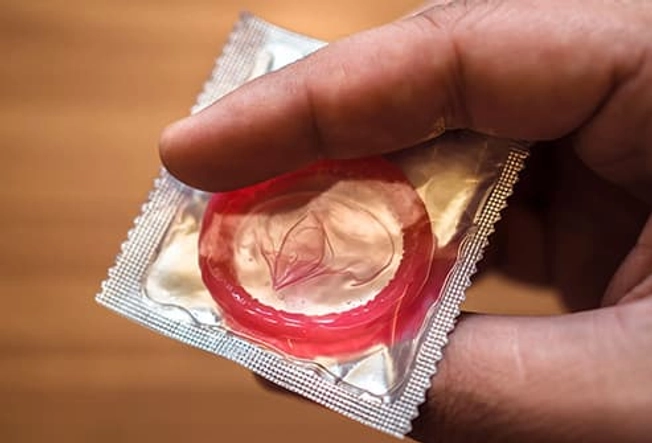
Prevention: Safe Sex
You can get Zika from an infected person during sex, including vaginal, anal, and oral sex. So it's smart to avoid sex or use condoms if you live in an area where the virus is spreading. If you've traveled to an area with an outbreak, use condoms or skip sex for at least 3 months after you return. Pregnant women should practice safe sex or avoid it during their entire pregnancy if they or their partner live in or visit a place with Zika.

Traveling to Places With Zika
If you are pregnant, the CDC says you should not travel to areas with Zika. If you and your partner are trying to get pregnant, you may want to consider avoiding those places. Talk to your doctor for advice. Even if you're not pregnant or planning to start a family, you should avoid mosquito bites when you’re in a place where Zika is spreading.